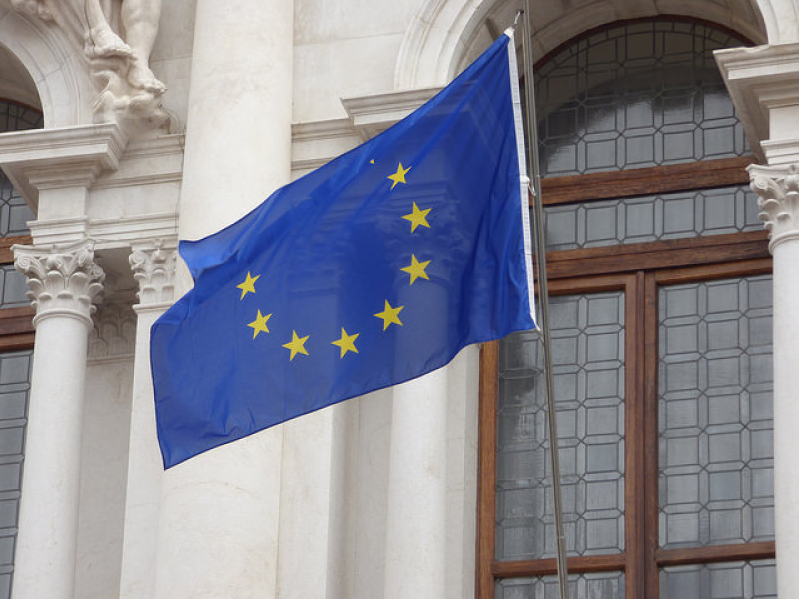
The European Union has very strict laws on hate speech. They have also been very involved on the social media platforms' role in addressing this issue. Now, EU's commission has issued a warning to Facebook, Twitter, Google, YouTube and Microsoft for failing to act quickly and effectively against hate speech online.
The European Commission has recently revealed that the above-mentioned tech companies have not been complying with the code of conduct they signed in back in May. Gizmodo reports that they agreed to combat hate speech on their social networking sites within 24 hours. Among the actions they were requested to do by the EU is to disable or remove content, if necessary, or promote "counter-narratives" to hate speech.
An official in the Commission said to Reuters that the social media platforms have taken longer to achieve the goal. Apparently, they are only able to review 40 percent of the recorded case within the given limit. Though that is the case, EU's report showed that YouTube actually responds to harassment reports faster that the rest. In light of the very toxic environment among these sites, Twitter seems to be the worst as it is longest to deal with this problem.
EU's Commissioner for Justice Vĕra Jourová told the Financial Times that Facebook, YouTube, Twitter and Microsoft should "make a strong effort in the coming months" to address online hate speech. Otherwise, they will have to enact a legislation that will require them to do so. Jourová and other justice ministers will discuss this report in Brussels on Thursday.
The non-legislative code of conduct that EU and the tech companies have agreed with was triggered by the violent attacks in Brussels and Paris and refugee crisis in Europe. Jourová admitted that it was an "important step forward to ensure that the internet remains a place of free and democratic expression where European values and laws are respected".
Though EU has been working hard on getting rid of hate posts, it became evident on the recent report that its member states have varied success. Germany and France have removal rate of more than 50 percent while Austria has 11 percent and Italy has only 4 percent. EU defines hate speech as "all conduct publicly inciting violence or hatred directed against a group of persons or a member of such a group defined by reference to race, colour, religion, descent or national or ethnic origin".







